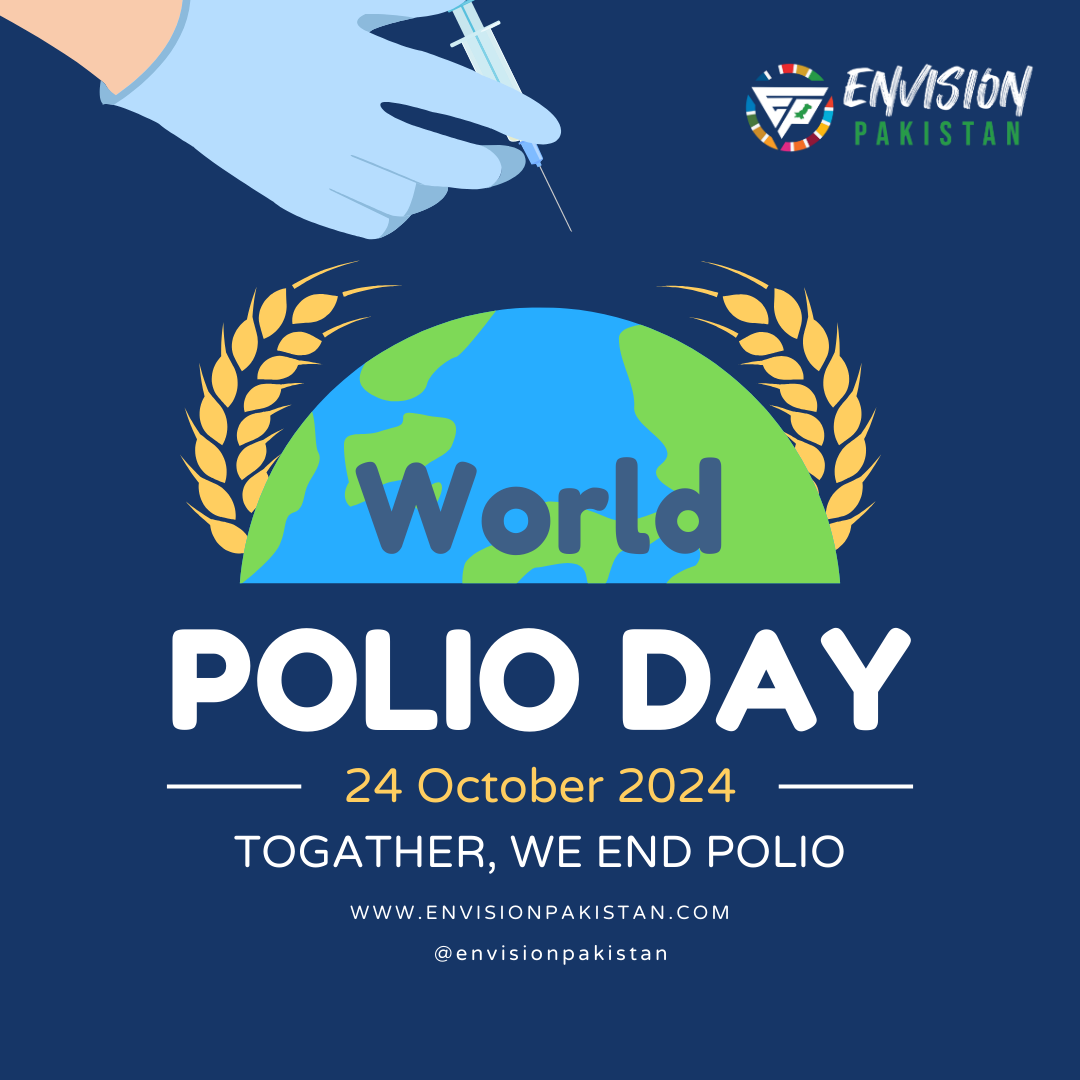Every year on October 24th, World Polio Day is observed globally to raise awareness about the critical importance of polio vaccination in protecting every child from this crippling disease. Spearheaded by various health organizations, including the World Health Organization (WHO), Rotary International, Centers for Disease Control and Prevention (CDC), UNICEF, the Bill & Melinda Gates Foundation, and Gavi, the Vaccine Alliance, this day is marked by numerous campaigns, events, vaccinations, and educational programs aimed at highlighting the role of vaccines in eradicating polio.
Importance of World Polio Day
Polio (Poliomyelitis) is a highly infectious viral disease, particularly dangerous to children under five. The virus spreads through person-to-person contact, mainly via the fecal-oral route or through contaminated food and water. It attacks the intestines and can spread to the nervous system, causing irreversible paralysis.
While polio has been nearly eradicated, there are still rare cases of vaccine-associated paralytic poliovirus (VAPP) due to the oral polio vaccine (OPV), occurring in approximately 3.8 cases per 1 million doses. However, the significant progress over the last 35 years cannot be overlooked. Cases of wild poliovirus have plummeted by over 99%, from 350,000 annually to fewer than 10. Today, 80% of variant polio cases are concentrated in just four regions worldwide.
World Polio Day is crucial in the global effort to ensure that every child is vaccinated, aiming for a polio-free future through widespread immunization, rigorous monitoring, and robust outbreak response plans.
History of World Polio Day
World Polio Day was initiated by Rotary International in honor of Jonas Salk, the pioneering scientist who developed the first polio vaccine. Salk’s Inactivated Poliovirus Vaccine (IPV) was introduced in 1955, followed by Albert Sabin’s Oral Polio Vaccine (OPV) in 1962. In 1988, the World Health Assembly made a global commitment to eradicate polio, which, at the time, infected around 350,000 people annually. Thanks to these efforts, by 2002, the WHO European Region was declared polio-free.
Preventive Measures for Polio
To prevent the spread of polio, especially in vulnerable communities, the following key measures should be implemented:
- Vaccination: Timely immunization is critical, including booster doses where necessary.
- Hygiene and Sanitation: Maintaining high hygiene standards can prevent virus transmission.
- Early Detection: Identifying symptoms early helps limit the spread.
- Public Awareness: Community education about the risks and importance of vaccination plays a crucial role.
World Polio Day serves as a reminder that, with continued effort, the global community can achieve the goal of eradicating polio and securing a healthy, polio-free world for future generations.



